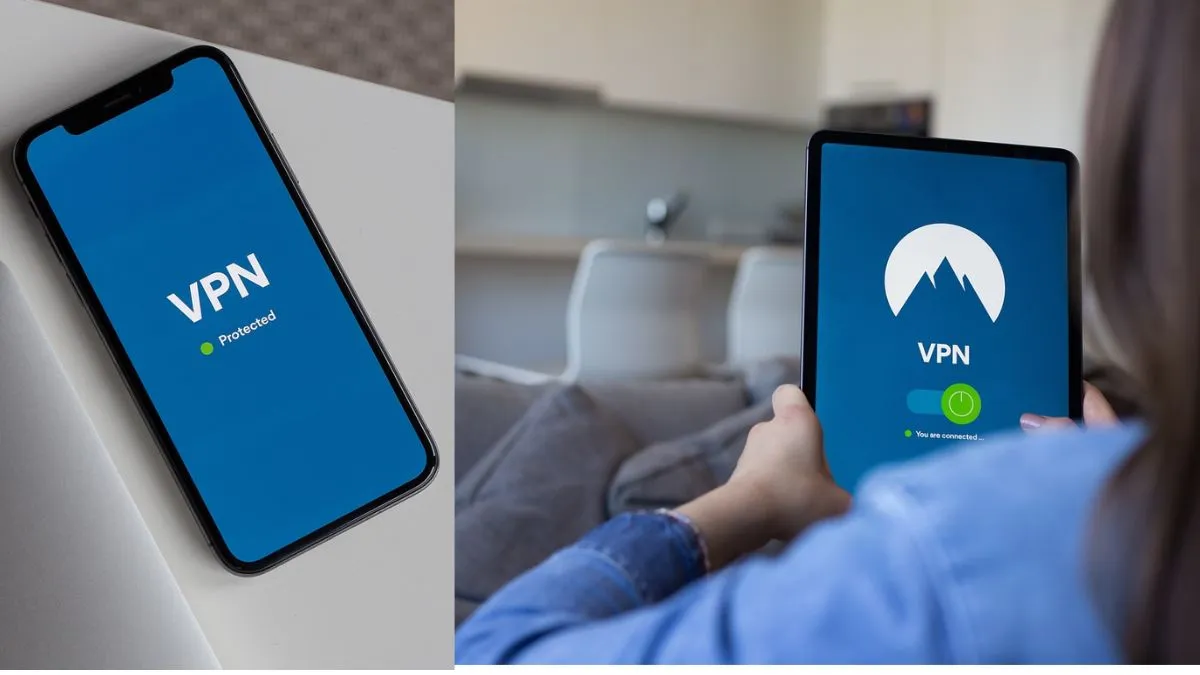A virtual private network (VPN) is a tool which is used to disguise your location, protect your identity while browsing online, and grant you access to the entire internet. In the present digital landscape, where scammers as well as third-party advertisers have been constantly trying to breach privacy and access the data. In this situation, VPNs have been considered a convenient solution which helps helps safeguard online privacy.
But many do not know much about the VPN and how it works to manage security when you are working from the comfort of anywhere - helping to stream different countries and places- while using Wi-Fi, mobile data or shared hotspots.
What is a VPN?
A VPN is a short form for ‘virtual private network’ which likely works on encrypting the internet which connects the smart devices with a remote server. These networks help in creating a private tunnel from which the search traffic passes. It usually uses military-grade AES-256 encryption, and VPNs ensure that the online activities of the user remain hidden from prying eyes, unlike when we use the Incognito mode.
How does a VPN help in masking your IP address and location?
VPN services like NordVPN, ExpressVPN and Surfshark are some of the important tools which work on providing remote servers, masking the real IP address and location of the user. Instead of being tracked by your ISP (Internet service provider), connecting to a VPN server offers its IP address which will enable you to effectively trick the websites and further, online services into thinking that you are located in any country.
What is Geo-restricted content and how to access it?
VPN servers have been placed across the world and it allows the users to access geo-restricted websites and help in streaming services with country-specific content libraries. This particularly helps in accessing international streaming platforms and binge-watching favourite shows/movies.
Bypassing ISP throttling
VPNs also work on bypassing ISP throttling, which is a method majorly used by internet providers to limit bandwidth. Since your ISP cannot recognize you while using a VPN, it could restrict the internet speeds and further make it beneficial for online gaming fanatics and avoid buffering issues.
To ensure anonymity and security
Beyond boosting speeds and streaming, VPNs will offer incognito while browsing on public Wi-Fi, encrypting online activity and bypassing region-restricted websites.
Furthermore, it ensures protection against hacker threats and government surveillance, especially in countries with heightened internet censorship.
How to choose the right VPN
At present, there are hundreds of VPNs available worldwide. Each service offers different perks like the number and location of servers, security options and compatibility with various devices- by choosing the best VPN, depending on the preferences and requirements of the user.
Whether for security or streaming purposes, VPNs further offer a valuable upgrade to the functionality of the device.
ALSO READ: Alphabet surpasses USD 2 trillion market cap: All you need to know

